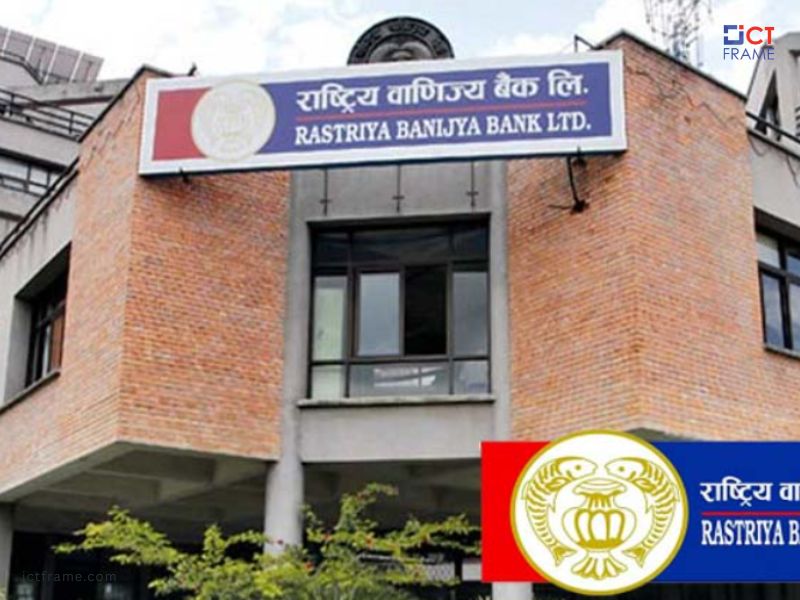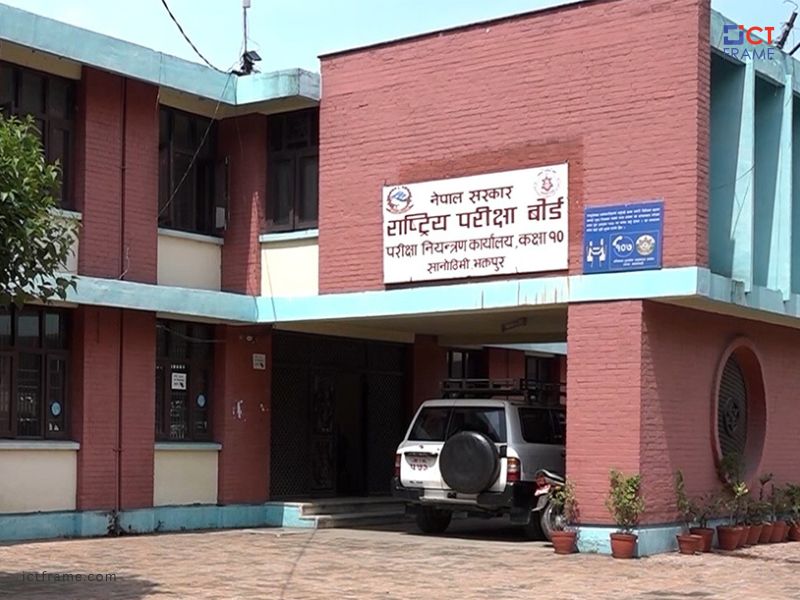Confederation of Nepalese Industries (CNI) Praises NRB’s Monetary Policy 2082/83 For Economic Revitalization
14th July 2025, Kathmandu
The Confederation of Nepalese Industries (CNI) has lauded the Monetary Policy for the fiscal year 2082/83 (2025/26), recently unveiled by Nepal Rastra Bank (NRB), as a significant stride towards invigorating economic activity across the nation.
CNI NRB’s Monetary Policy 2082/83
CNI’s positive reception stems from several key provisions within the policy, signaling a hopeful outlook for the Nepalese economy and its private sector.
Key Highlights & CNI’s Endorsements:
Loan Reclassification & Credit Reforms: CNI particularly commended the policy’s initiatives regarding the reclassification of loans, the revision of credit loss provisioning, and the progressive step of allowing credit based on customers’ credit scores. These reforms are anticipated to streamline lending processes and improve credit accessibility.
Revised Working Capital Loan Guidelines: The confederation welcomed the revision of working capital loan guidelines based on industry nature and income-payment cycles. However, CNI emphasized the crucial need to extend these revisions to vital productive sectors such as manufacturing and construction, where working capital is indispensable for operations.
Support for SMEs: A significant boost for small and medium enterprises (SMEs) operating near the Hulaki and Mid-Hill highways was noted, with the provision for loans up to NPR 30 million at a 2% premium over the base rate. This is expected to offer much-needed financial relief to SMEs facing current challenges.
Deprived Sector Lending & Capital Ease: CNI praised the inclusion of loans up to NPR 300,000 for youth seeking foreign employment and up to NPR 500,000 for women under the deprived sector lending category. This move is projected to ease capital pressure on banks, fostering increased lending capacity.
Infrastructure Investment & Debentures: The policy’s allowance for banks and financial institutions to invest in debentures issued by infrastructure development institutions was highly welcomed. CNI believes this will partially bridge the existing investment gap in critical infrastructure projects.
Dividend Distribution Review for Microfinance: The intent to review the 15% cap on dividend distribution (cash or bonus shares) by microfinance institutions was viewed positively. CNI anticipates that increased cash dividends will inject more money into investors’ hands, thereby stimulating consumer demand.
Addressing Private Sector Contraction: Acknowledging the declining share of the private sector in gross fixed capital formation and the contraction in market demand, CNI expressed confidence that NRB will introduce further guidelines to bolster consumer confidence, escalate demand, and encourage private sector investment in capital formation.
Interest Rate Adjustments & Credit Demand: The central bank’s reduction in the upper and lower bounds of the interest rate corridor (6.5% to 6% and 3% to 2.75% respectively) and the policy rate (5% to 4.5%) were seen as crucial steps to prevent rising interest rates, create room for further reductions, and stimulate credit demand.
Development Bonds & Liquidity Management: NRB’s announcement to issue development bonds is expected to provide alternative investment avenues in the current sluggish market and support structural liquidity management within the banking system.
Increased Autonomy for Banks: CNI welcomed the policy’s move to grant more autonomy to banks and financial institutions in assessing borrowers’ projects, knowledge, skills, and capabilities. This signifies a positive shift from NRB’s micro-management towards a more supervisory role.
Boost for Housing & Capital Market: The increase in the housing loan limit from NPR 20 million to NPR 30 million, with a favorable loan-to-value (LTV) ratio for first-time buyers, is anticipated to invigorate the construction sector and related industries, positively impacting government revenue. Similarly, the increased margin lending limit from NPR 150 million to NPR 250 million per individual is expected to fuel capital market activities.
Future Expectations:
While the monetary policy targets a 12% credit growth in the private sector for the upcoming fiscal year, CNI, observing the current fiscal year’s increase of only about 8.5% against a 12.5% target, expressed optimism. With the government aiming for 6% economic growth, CNI believes NRB will implement additional supportive policies.
The confederation also looks forward to further directives addressing issues like transitioning to MCLR (Marginal Cost of Funds Based Lending Rate) and EBLR (External Benchmark Lending Rate), and a gradual reduction of mandatory lending quotas for priority sectors.
Overall, CNI views the new Monetary Policy as a robust framework poised to stimulate economic activities, enhance liquidity, and foster a more conducive environment for private sector growth in Nepal.
For more: CNI NRB’s Monetary Policy 2082/83






